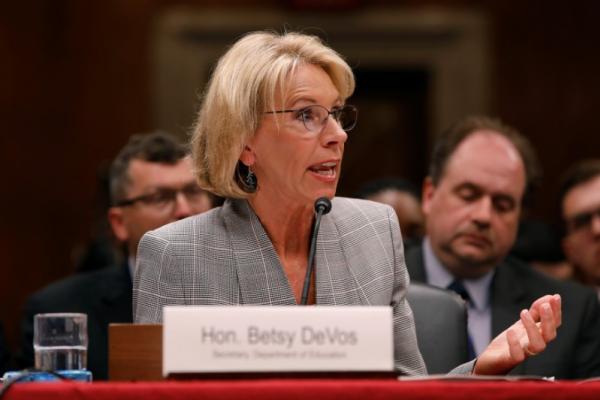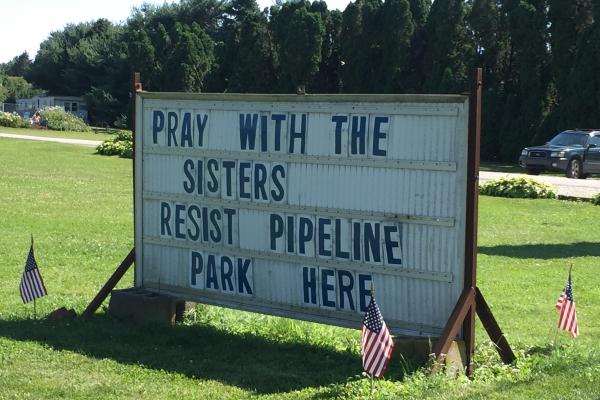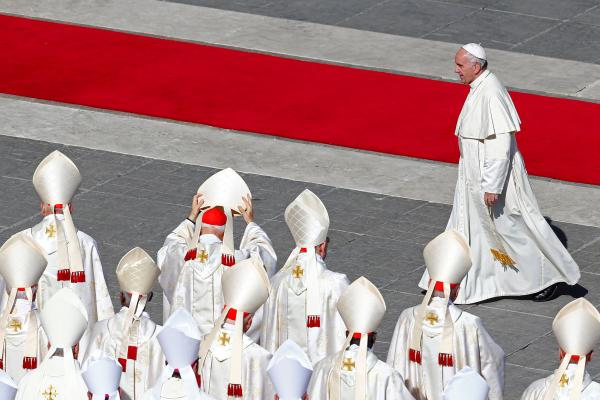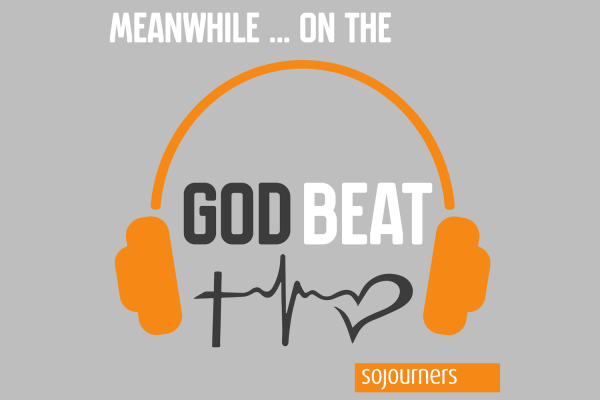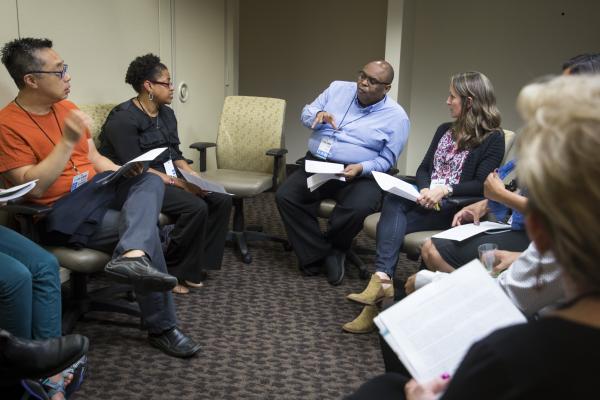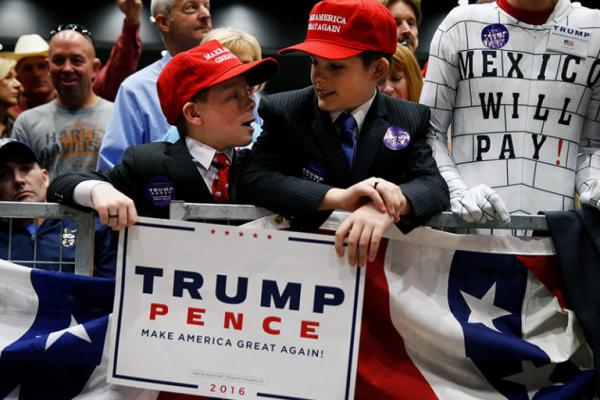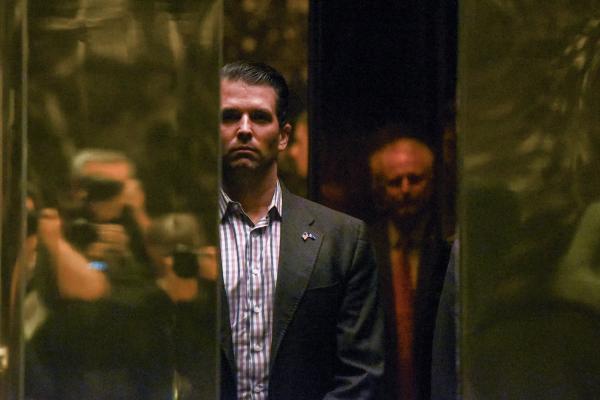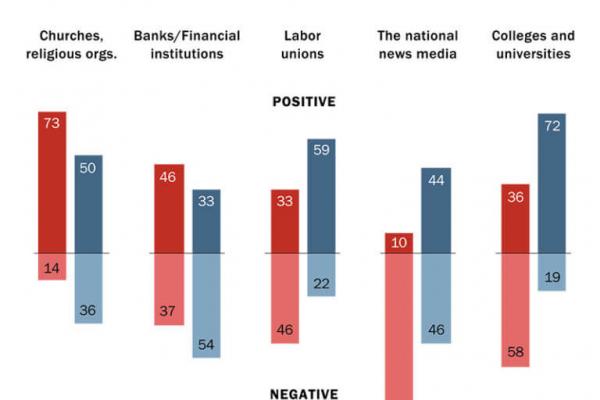It is a scary thing to let the ones who have been at the bottom rise to the top.
It’s scary when privilege begins to lose.
It’s scary when those that have been “other” for so long get a place at the table.
It’s scary when things get uncomfortable and messy.
But then, that’s Kingdom.
In a letter published in Teen Vogue Wednesday, 114 survivors of sexual assault ask Secretary of Education Betsy DeVos not to dismantle Title IX guidance they say “enabled many of us to complete our education.” The letter comes the day after it was announced that DeVos would this week meet with survivors’ rights groups — alongside men’s rights groups — to advise the department on the government’s role in ensuring Title IX enforcement.
More than 500 people gathered in a hot and dusty Pennsylvania cornfield yesterday afternoon to join the Catholic sisters of the Adorers of the Blood of Christ for the dedication of a new outdoor chapel, built on land about to be seized from them by a corporate developer planning to build a natural gas pipeline.
Pope Francis made one of the most significant changes in centuries to the Roman Catholic Church's saint-making procedures on Tuesday, adding a new category for people who give their lives to save others.
On today's episode, our deputy web editor @chwoodiwiss chats with with journalists @sullivanamy, @dawn_cherie, and @ayshabkhan about something journos usually don’t like talking about: when doing our job becomes too much. We discuss the public's rising suspicion of journalism, dealing with traumatic images, fending off Twitter hate, and—whew—why we still love the work. For more, read our companion piece in the July issue of Sojourners: http://bit.ly/2sMXaBH.
If we have learned anything from the past several decades, healing from a 500-year heritage of slavery will take more than a generation or two. I am humbled when I think of this because I realize that the relentless, demonic agony inflicted for 500 years will not be undone or healed by a single generation. My body will have flitted through the breeze as dust many times over once this 500-year heritage has been unwound and restitched. Healing takes more than just time.
Editor’s Note: The Summit: World Change Through Faith and Justice is one of the powerful opportunities Sojourners has as an organization to bring together 300+ of our leaders together to deepen relationships and build more intersectional movements. The following series of posts offer reflections from participants to offer a glimpse of the experience. We are grateful for the ways you make this gathering possible. Our first reflection comes from JoAnn Flett, director of Eastern University's MBA in Economic Development and the facilitator the Summit’s 2017 Business Convening.
In the midst of a raging discussion about what it means to be American, it is worthwhile to reflect on the profound ambivalence of American civil religion — perhaps the most powerful force for creating a shared national identity.
In 1967, Robert N. Bellah’s seminal essay, “Civil Religion in America,” created a template for how both the right and the left defined civil religion to cultivate a sense of belonging, particularly in an era of turbulence. During this period of increasing polarization, Bellah’s words are more relevant than ever.
Donald Trump Jr. was told in an email before meeting a Russian lawyer who he thought had information damaging to Hillary Clinton that the material was part of a Russian government effort to help his father's presidential campaign, the New York Times reported on Monday.
Citing three people with knowledge of the email, the newspaper said publicist Rob Goldstone indicated in the email to President Donald Trump's eldest son that the Russian government was the source of the potentially damaging information, according to the Times.
Do churches and religious organizations have a positive impact on the way things are going in the United States?
Americans are divided on that point, according to a Pew Research Center survey released on July 10 that shows they align along predictable party lines.

